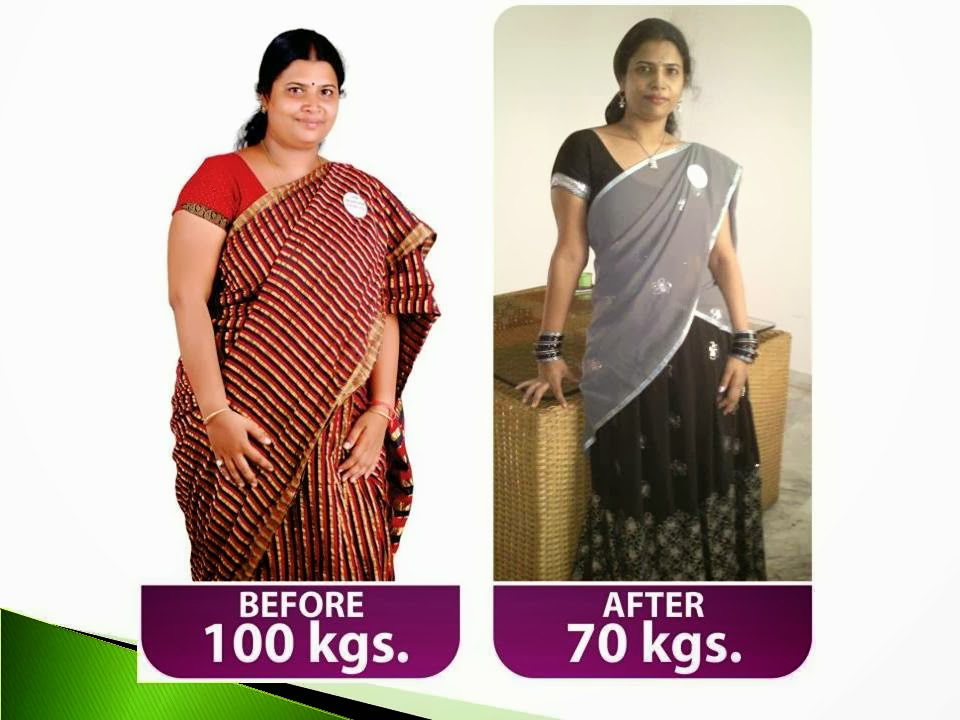Body Mass Index and healthy weight loss

Body Mass Index and healthy weight loss though has some limitations, but it is still effective in establishing weight problems
Body Mass Index and healthy weight loss: Weight loss motivating factors
To understand the issue of weight and wellness, you first need to know your body mass index (BMI), the common measure of fatness that is at the heart of the debate. Therefore to find your BMI the following guidelines will be helpful:
- 18.5 or less is considered underweight
- 18.5-24.9 is considered ideal weight
- 25-29.9 is considered overweight
- 30 or higher is considered obese
Many doctors and researchers recommend that the BMI is a useful tool to determine whether one is overweight or obese while at the same time they conceding that it has limitations.
Body Mass Index and healthy weight loss: How much weight do you need to lose to get healthier?
If you are not genuinely overweight, there will be no need for you to lose because this may lead to you being underweight which is also not healthy. The most fundamental issue is the amount of fat in your body, and where they are built up. Muscle, for example, is quite heavy therefore in the event that you’re gaining weight because you have increased your muscle bulk; then the extra weight has no problem at all. There are two approaches which are commonly used to determine if one is overweight:
- The body mass index (BMI) which helps to determine what you weigh in relation to your height.
- Waist measurement: this will give you an idea of how fat is distributed in your body.
The BMI is the most common way to try to work out if people are overweight or obese. It measures the relationship between weight and height. People who have a BMI over 30 are considered to be obese. Being obese is a greater risk to health than being overweight. People who have a BMI between 25 and 30 are usually considered to be overweight. However being overweight alone does not necessarily cause health problems, but the problem comes normally when the person already has certain illnesses, such as type 2 diabetes.
The BMI scale cannot always be used in this way because, for example, a certain BMI is associated with different health risks in people from South Asia compared to people from Europe. The same is true for waist measurements. A waist measurement of 88 cm or more could put European women at a higher risk of health problems, while for European men, more than 102 cm could be a sign of increased health risks. This is also true even if their weight is within the normal range.
You can get a better idea of how fat is distributed in your body by looking at the relationship between your waist and your hips. If you have a relatively big amount of belly fat, your risk of disease is higher. A more “apple-shaped” person with a “beer belly” and narrow hips faces higher health risks than someone who does not have much fat stored around their belly. Abdominal fat increases your risk of heart disease. If your body fat is stored around your legs, hips and bottom rather than your belly, then it is less likely to be a health problem. This is often called being “pear-shaped” because you are smaller on the top and rounder lower down.
Finally, being too worried about your weight can itself become a problem and therefore reaching out for the expert opinion from AWAREmed Health and Wellness Resource Center under doctor Akoury should be your starting point.
Body Mass Index and healthy weight loss: Weight loss motivating factors
http://www.I-AM-I.com/wp-admin




